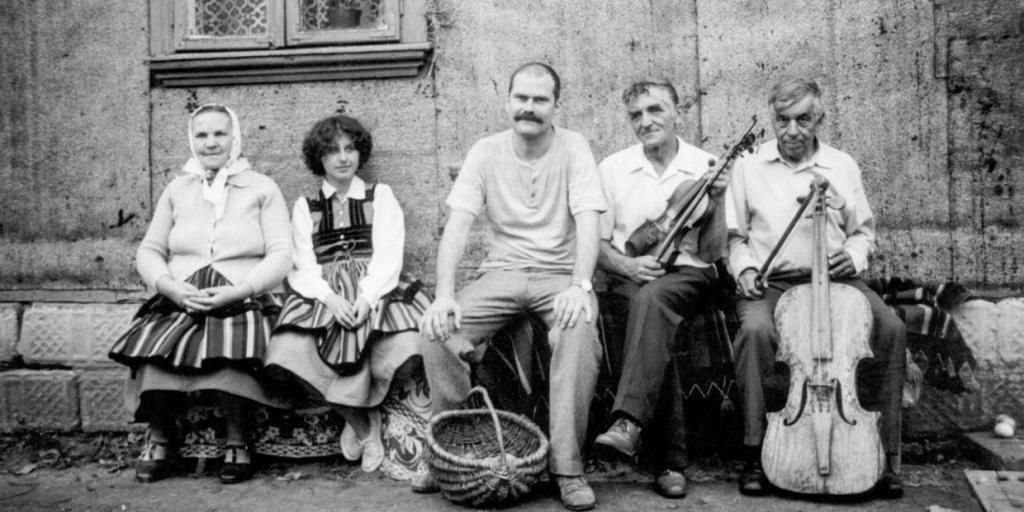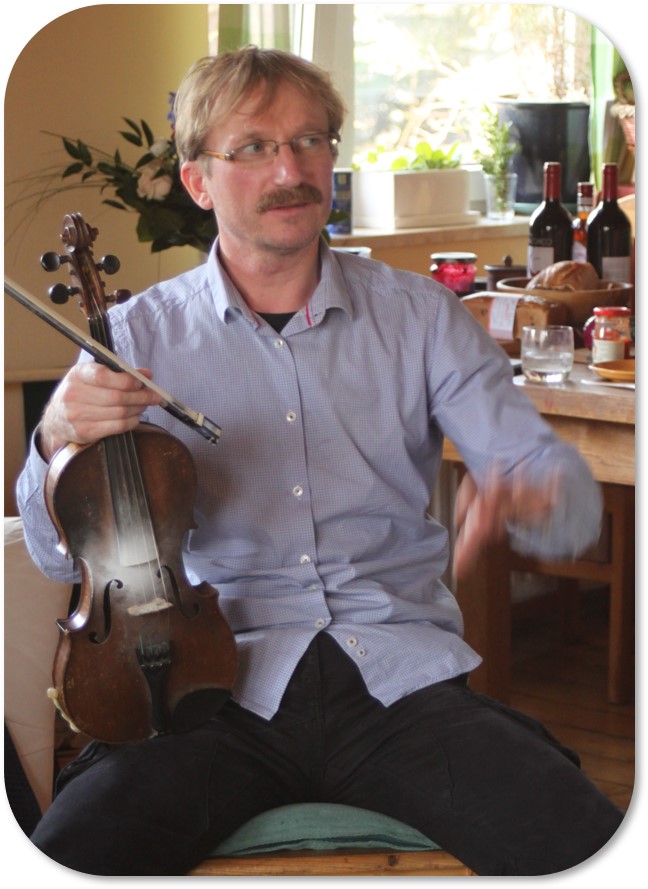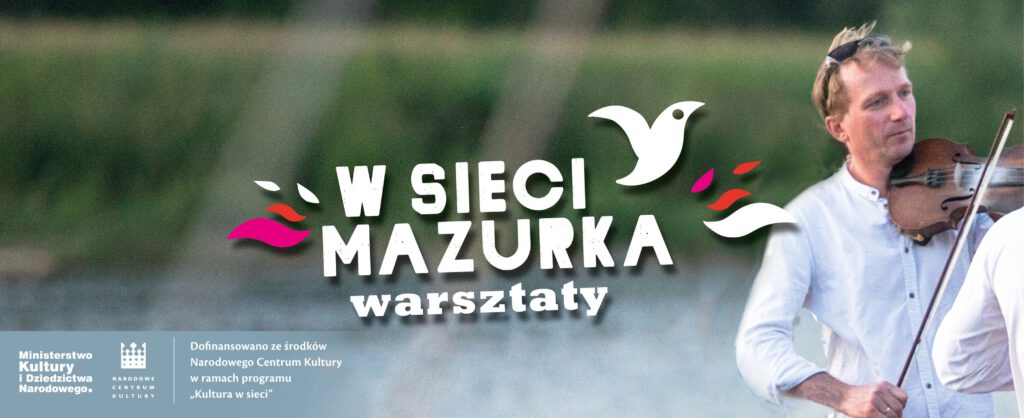
How are you? I hope well! This is a season’s greeting email, how original! In fact I think so ?
A few days ago Janusz Prusinowski sent me two recordings he had made for a project to disseminate the music from Łukowa, a village with 2.600 inhabitants in the South-East of Poland with a musical tradition that was lastly added to the National Heritage list. A group of people there are working to transmit this music to the new generations.
| Listen to: the solo voice version or the version with instrumentation – You can download and use them if you make a radio show or podcast or similar and send our best wishes also to your listeners – |
What is the song about? Let’s let Janusz explain it by himself.
Some more info about the song, by the artist:
“This is traditional wishing carol, that used to be sung by young men to the girls, walking from house to house. The name of a girl, for whom the wish is dedicated, is consequently repeated in each couplet of the song, as the magic incantation, in order to bring the “ideal bridegroom” next year. Naturally the real “ideal bridegroom” was just the one, singing the “dunaj”.
This year the covid situation stopped traditional carol singers in all regions of Poland. I hope, that internet would at least in 1% substitute the real situation of meeting, singing together and sharing good wishes.”
I am grateful to Janusz for allowing me to use his beautiful recordings to wish you a happy season. I hope 2021 will make us forget the grieves of 2020.
And these are the lyrics. I had the support of Ewa Gomółka for the translation:
To the river, Maria, in the morning, to bring the water, to the river,
And with two buckets, to the river!
She picked up water, dropped the wreath of flowers, into the river,
And she went along the bank, to the river,
And she found three ospreys, to the river,
My dearest ospreys, fish my wreath of flowers, to the river
And how will you pay us, to the river,
To the river, Maria, in the morning, to bring the water, to the river?
For the first one, the present will be my rue crown, to the river,
For the second, the present will be my wedding ring, to the river,
For the third one the present will be the bride, to the river,
The bride, beautiful like a blueberry, to the river,
Work, work and while you are looking for money, to the river,
[One of the singers makes the prolonged sound “Iiiiiii”]
Go to the chest and look for the złoties, in the river,
Take the stick, bring down a sausage, to the river,
Search in the chest, pull out half a pig, to the river,
Look on the shelf, take out a loaf of bread, to the river,
To the river, for those in this house, to the river,
To the river, for the grandma who is sitting on a bench, to the river,
To the river, for the grandpa who is sitting on the table,
To the river, Maria, in the morning, to bring the water, to the river.






